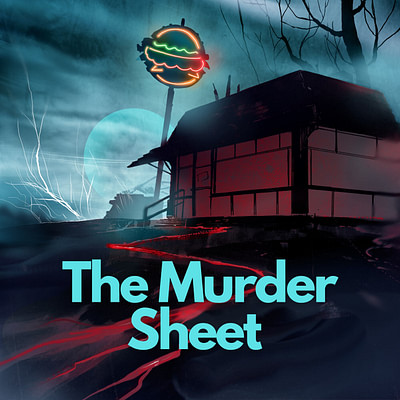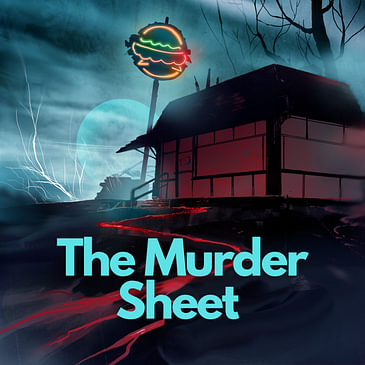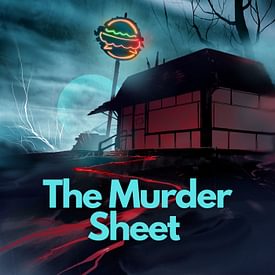We discuss the seventeenth day of Richard Allen's trial. The defense rested-- and the prosecution offered three rebuttal witnesses.
Support The Murder Sheet by buying a t-shirt here: https://www.murdersheetshop.com/
Send tips to murdersheet@gmail.com.
The Murder Sheet is a production of Mystery Sheet LLC.
See Privacy Policy at https://art19.com/privacy and California Privacy Notice at https://art19.com/privacy#do-not-sell-my-info.


